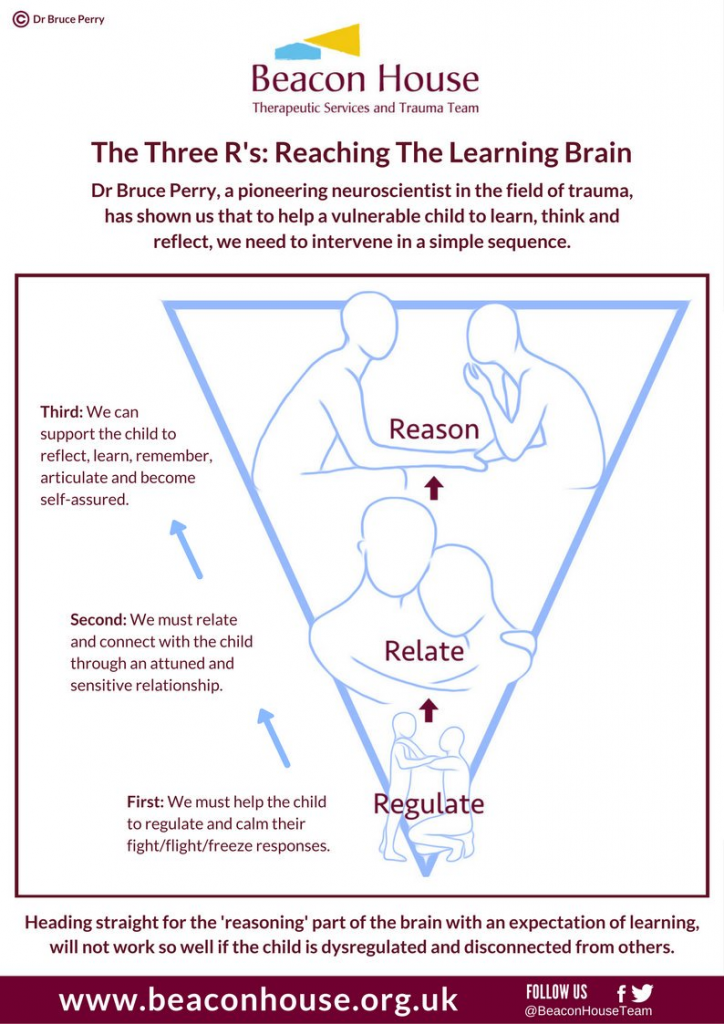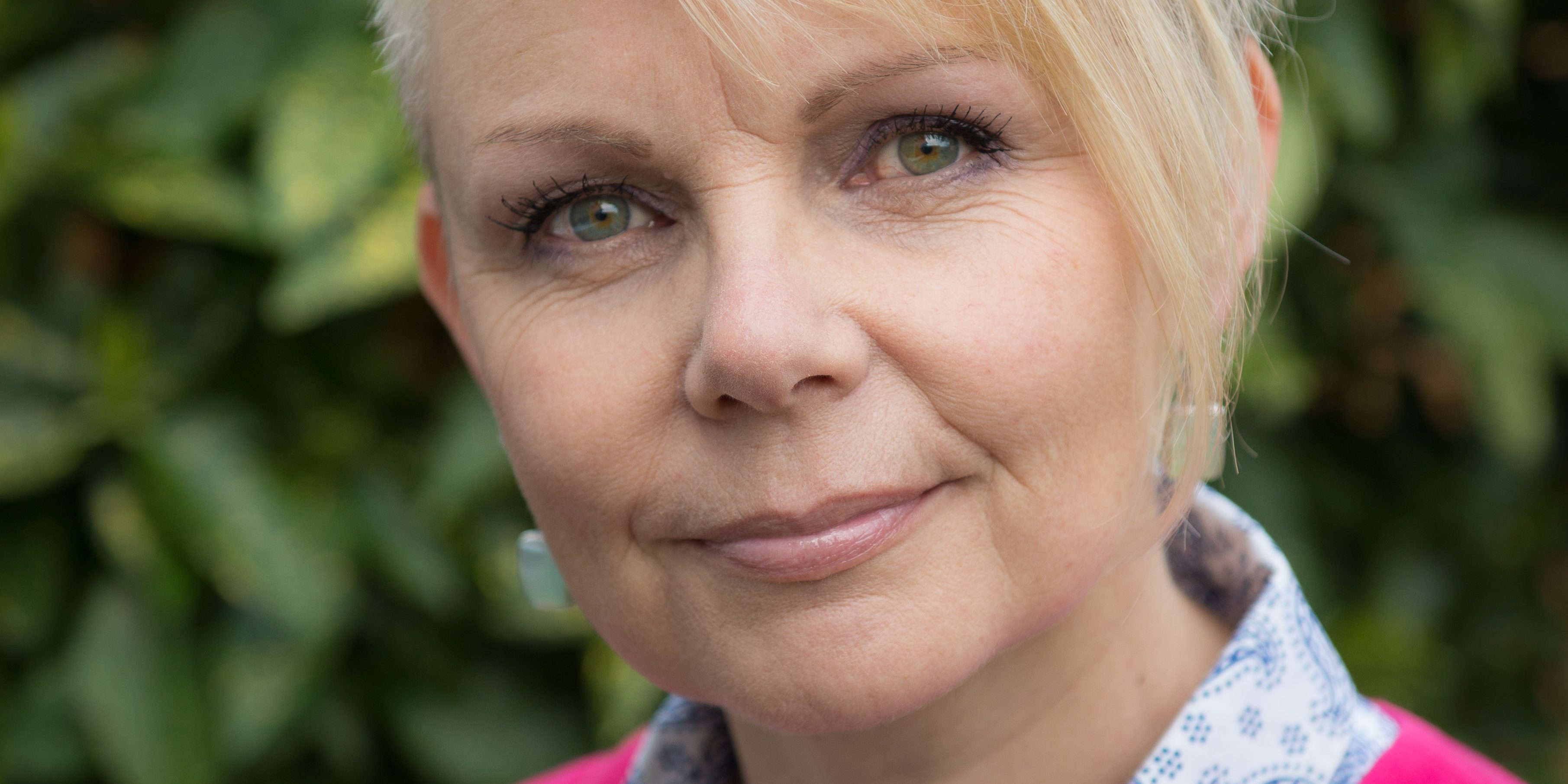Imagine you live with a partner and when they want you to make them a cup of tea, they click their fingers, give a clear order, “cup of tea” and when you bring it (if you do!) they feed you a choccy drop and say “good boy/girl.”
Would you feel you had any value other than to keep them happy and do as you are told? What might it do to your sense of self worth and how would it shape your expectations about how other people should treat you?
How can this be a TV programme?
Well, it turns out we will be able to see a version of this being done to preschool aged children. Channel 4 are showing a 60 minute pilot programme where a dog trainer is using clickers and treats to train very young children. This is what the press release says,
A leading advocate of this new approach is world renowned dog trainer and animal behaviourist Jo-Rosie Haffenden.
Jo-Rosie comments “If everyone parented their child the same way we’re training our dogs, we’d end up with much more caring and compassionate human beings”.
Why it’s harmful to show a dog as being similar to a child.
A glance at early brain development and a smidge of attachment theory, should immediately set off very loud alarm bells when it comes to dog training children. Failing that, reading the globally renowned, bestseller, The boy who was raised as a dog by Bruce Perry and Maia Szavalitz will definitely do it!
As a parent of a 28 year old, a former respite foster carer, childminder and family support worker, and a parenting coach, I have had to think long and hard about the science behind what we do and don’t do to children. Especially our youngest ones who are the most dependent and vulnerable.
Three things are crystal clear and profoundly scientifically proven
- The most important thing that parents need to understand is that the brain of their child will become exactly what the child was exposed to. That this is the beauty of the human brain, It is the mirror to the child’s developmental experience. Bruce Perry
- The propensity to make strong emotional bonds to particular individuals (is) a basic component of human nature. John Bowlby
- Our earliest experiences within relationships with primary caregivers occur during the most rapid period of brain development. These shape our developing body and brain systems profoundly and permanently. Unless and until we go onto have safe, respectful, unconditional experiences and love with caring others. (That’s where you as foster carers make such an immense difference!)
Dogs (along with all other creatures) and humans do share the survival reptilian brain area which is all about automatic life preserving responses. Dogs do have a relational, emotional brain area too, as do other mammals. It is not as sophisticated as ours but again plays a vital role in survival, as it does for humans. BUT dogs do not have anything like the same neocortex, intelligent brain capacity or function. If they did we’d all be in trouble as they are often alone at home with all our passwords and access to our laptops so could be ordering in take aways all day long!
Children need unconditional interactions and care
To sum up, children should always be treated with the greatest respect, compassion, patience, and unconditional love and acceptance. Anything that is a barrier to any of these increases their stress levels and fear response. Which means no reward systems. No consequences, and praise that begins with how the child feels first and isn’t poured all over them.
To be honest, for far too long we have normalised and been doing a less extreme version of dog training. A sticker or smiley face equates to a dog treat that has to be earned for pleasing the more powerful adult. So it is not about the child’s emotional needs and internal state of dysregulation and overwhelm which then goes unaddressed.
A consequence destroys trust in a relationship, but especially with children as they are totally dependent for all forms of safety and nurture on the adults in their daily lives. Feeling they have upset you and the energy has definitely changed between you (which they experience as shame and disconnection) is emotionally very painful and scary. Even though it is most likely a very familiar experience and that goes for those children who don’t show their pain as they don’t feel safe to, or know how to.
What to do?
I’m very fortunate to spend much of my time coaching birth, adoptive parents and foster carers. They teach me a great deal, and remind me constantly of what adult life is like when early attachment experiences were NOT unconditional.
To raise children we need a more neuroscientifically proven and based way. Bruce Perry teaches us that we have to start with bringing a child back to a sense of safety and regulation. The system I use, the 5 C’s, is based on this and tracks how we now know brains and body systems actually DO work in humans, as opposed to dogs!
I’ll leave you with this brilliant representation of Perry’s 3 R’s done by the outstanding Beacon House, They made it for us all to use and share. The Channel 4 programme will undoubtedly go ahead and many will think dog training children is just what should be done. (Already had this conversation with two young women this week!)
There is a petition running to demand it is not shown, with over 17, 000 signatures, which is still open to sign as the programme airs on August 20th.
I feel I should watch the programme to honour the children’s lived experiences, and because it will bring an avalanche of media requests and interviews. But even the trailer made me feel sick, so I’m not sure.
Jane Evans The Lasting LIfe Change Coach www.thejaneevans.com FB: Parenting children beyond anxiety Twitter: @janeparenting2

